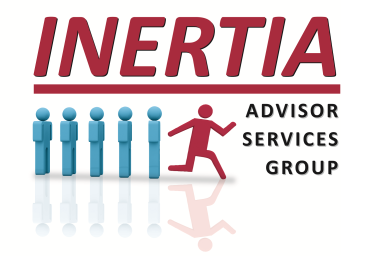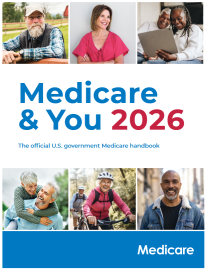Q&A For Clients Before/During The Medicare "Annual Enrollment Period"
According to government statistics, more than 75 million Americans will be receiving Medicare benefits by 2030, and each year, those eligible for Medicare can join, switch, or change their coverage. In 2025, the AEP or the "Annual Enrollment Period" runs from October until December 7, making now an excellent time to engage clients about their plans for Healthcare In Retirement and Long-Term Care.
Every member of the advisory community should have a copy of the "Medicare and You" guide, and you can download your copy by clicking on the cover photo below.
After that, you will find various Medicare-related questions to ask clients to ensure their financial and risk management planning is adequate.
- Medicare & You: Have you read the guide and understand what it says on page 56 that Medicare doesn't cover Long-Term Care? This isn't a secret!!
- Out-of-Pocket Expenses: Do you know what Medicare will cost, and did you read the Fidelity Investment article estimating the total cost of common out-of-pocket costs and excluded services?
- The Cost of Care: Have you completed a HALO Assessment to quantify your projected need for care, including the type of care, extent or duration of care, and the expected cost of care?
- Inflation: If the cost of healthcare rises faster than the general inflation rate, will that put your savings and assets at risk should you require care not covered by Medicare or a supplement?
- Market Risk & Care Timing: Could healthcare expenses force you to liquidate investments during a market downturn, reducing long-term growth and threatening our financial security?
- Written LTC Plan Document: Do you have a written, executed LTC plan document that strategically outlines your desires and preferences if care becomes necessary?
- Family Caregiving: Do you assume loved ones provide care, and do you have confirmation that they are physically, emotionally, and financially capable or prepared to provide that care?
- Potential Tax Implications: When you liquidate investments or retirement accounts to pay for care, what are the tax consequences, and how will higher taxes reduce the funds available for care?
- Medicaid Eligibility: If Medicaid is a backstop, do you understand (1) the spend-down requirements, (2) quality of care concerns, and (3) how qualifying for Medicaid will limit facility and care options?
- Legacy, Estate & Philanthropic Disruption: Will you use savings/assets to pay for care that could interfere with your legacy or estate planning goals, leaving less for heirs or charitable bequests?
- Overreliance on Spouse/Partner: Do you have a plan to provide care for one another, while ensuring that the "healthy" spouse/partner won't be forced to ignore their health, limitations, or emotions?
- Insurance Alternatives: We have worked with specialists to develop insurance-based planning that efficiently funds future care needs and lowers the risk of eroding our savings and financial security.
These are just some of the questions to have a meaningful discussion and address the cost of healthcare in your clients' planning, as LTC represents the most significant unfunded liability and mandatory expense in retirement.
Please contact us to discuss these questions and how to evaluate your clients' answers.
20251110


